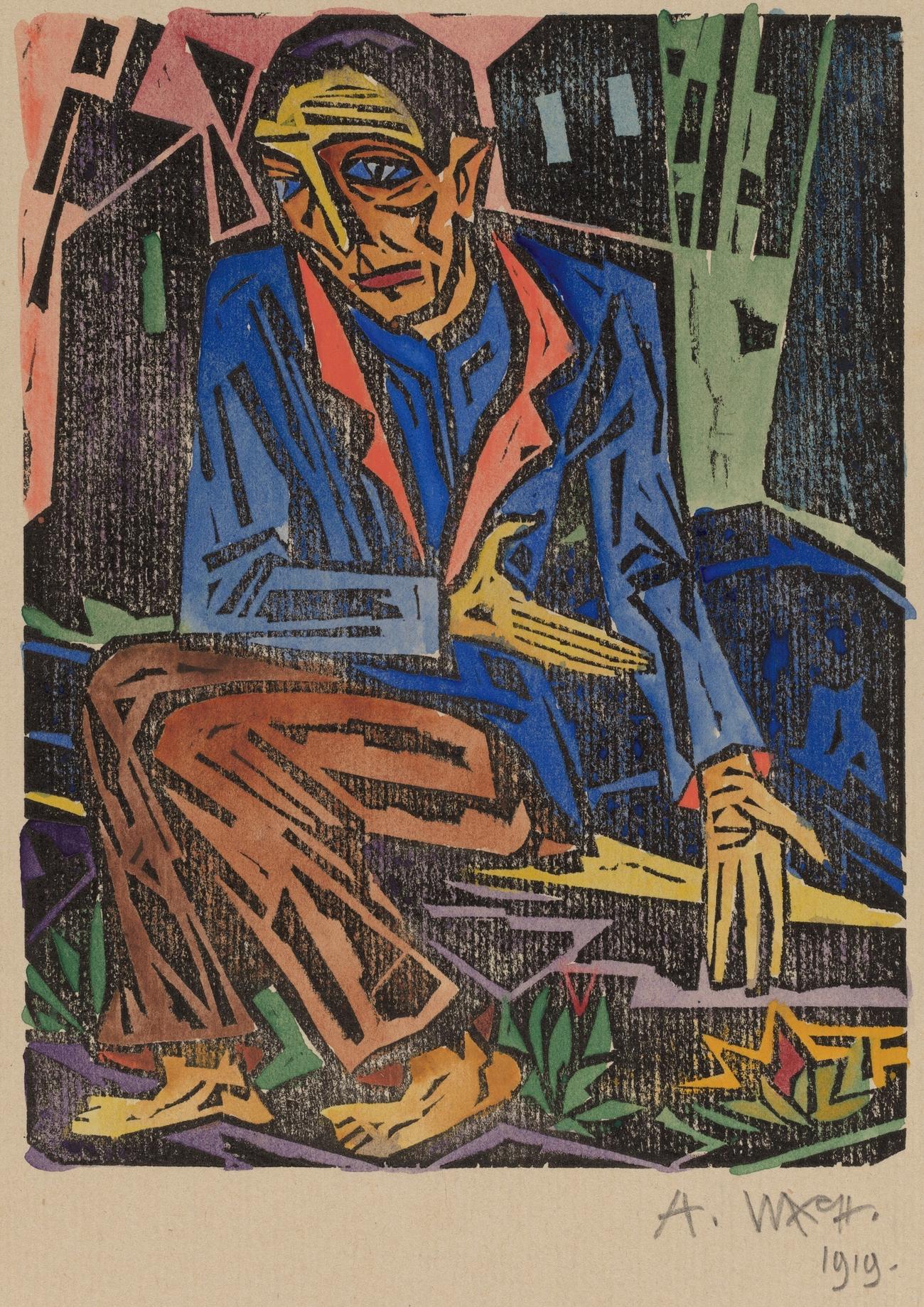The expanding focalization, within the selected Baldwin passage from the short story “Previous Condition”, is important to the discursive narrative, as it takes the reader on a journey from, within the character, to the constructed outer world, created by the reader’s schema. The character Peter, is the story’s first person narrator, and protagonist, and he begins the passage internally focalized, “Every morning I waited for the landlady to come banging on my door.” Suspense is created by his impending expectation of a confrontation with an authority figure, and the text may trigger schema within the reader of their own similar experiences. Peter, then notices, the cold sweat on his body, shifting the focalization to a physical sensory awareness, and this sensory focalization moves further out to include the sound of a radio downstairs; the reader is now aware of things outside the tight focus on the room. The focalization then incorporates a visual expansion to include cigarette smoke rising to the “dirty ceiling”. This description paints the rented room as no immaculate abode, despite the threatened nature of his occupation within it.
In the third paragraph of the passage, the focalization takes a huge leap out of the room, and out of the building itself, in an analepsis, Peter shares his memories of leaving home at sixteen years of age. Names of US cities are mentioned “St. Louis, Frisco, Seattle, Detroit, New Orleans” and the sudden continental focalization asks the reader to fill in the gaps, with what information they know, or can imagine, about these cities in nineteen fifties America. Peter’s memories then focus our attention on an “old shack in a town in New Jersey”, where Peter grew up with his mother, “in the nigger part of town.” The stinging use of the pejorative ‘nigger’ and the reference to the dilapidated structure, in which they lived, convey Peter’s negative attitude to where he has come from. The use of an expanding focalization within this passage, and within the text as a whole, has taken the reader from a subjective experience of racism, out into our imagined world of nineteen fifties America. We feel Peter’s fear and pain inside the room, at his impending rejection by the white landlady, his internal conflict within himself to stand up to the racist authority figures in his life, and then this event is placed in the wider context of the state of black America at this time in history, through our interpretation of Peter’s view of it.






















